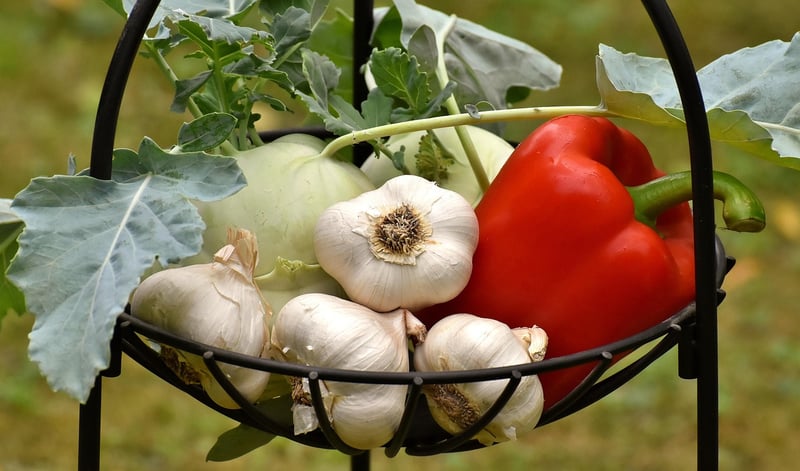Pest Control
Keeping Your Garden Healthy: Pest Control Tips
Having a beautiful and thriving garden requires more than just watering and sunlight. One of the key aspects of garden maintenance is pest control. Dealing with pests effectively can ensure your plants remain healthy and vibrant. Here are some essential tips to help you keep your garden pest-free:
1. Identify the Pests
The first step in pest control is to identify the specific pests that are causing damage to your plants. Different pests require different control methods, so knowing what you are dealing with is crucial.
2. Natural Predators
Encourage natural predators like ladybugs, lacewings, and birds in your garden. These beneficial insects and animals can help keep pest populations in check without the need for chemical interventions.
3. Neem Oil
Neem oil is a natural pesticide that can effectively control a wide range of common garden pests such as aphids, mites, and beetles. It is safe to use around pets and beneficial insects.
4. Diatomaceous Earth
Diatomaceous earth is a non-toxic powder made from fossilized algae. It works by dehydrating insects that come into contact with it. Sprinkle it around the base of plants to create a barrier against crawling pests.
5. Companion Planting
Planting certain herbs and flowers alongside your vegetables can help deter pests. For example, marigolds can repel nematodes, while basil can keep mosquitoes away.
6. Regular Maintenance
Keep your garden clean and tidy by removing weeds and fallen leaves regularly. Pests often hide in debris, so by maintaining a clean garden, you can reduce their hiding spots.
7. DIY Pest Sprays
You can make your own organic pest sprays using ingredients like garlic, chili peppers, and soap. These sprays can be effective against common garden pests and are safe for the environment.
8. Crop Rotation
Rotate your crops each season to prevent the buildup of pest populations in the soil. Different plants attract different pests, so by changing the planting area, you can disrupt their life cycles.
By following these pest control tips and incorporating them into your garden maintenance routine, you can ensure a healthy and thriving garden without the need for harmful chemicals. Happy gardening!

Image Source: Pixabay
